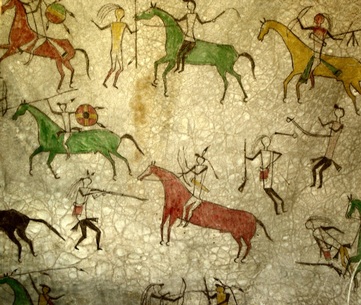
Most of us have been conditioned to think negatively from childhood with constant reminders like, “don’t get your hopes up”. Adults often tell children this to prevent disappointment. We, in turn, carry this mentally into adulthood, using pessimistic explanations for events I refer to as “stuff that happens”.
Event: A horrible break-up.
Your explanation: All men are dogs...maybe he would have been more attracted to me if I were slimmer...I will never find anyone...I should have listened to my mother.
Seeing the darker side of things is not always bad - it allows you to feel less stressed. But this thought process prepares you for failure, it erodes your hope and it is totally disempowering.
So, how do those happy-go-lucky people think?
Optimistic people tend to explain adversity and challenges as “local – just this issue” and “temporary - it won’t last forever.” Pessimists explain adversity and challenges as “global – it’s everywhere” and “permanent – it’s going to always be like this.”
What “spin” do you put on things? And how can you stop?
Before you can stop the negative story’s you weave, you have to be more mindful of your thoughts and how you explain the “stuff that happens”.
During my ordeal to recover my children from the Kingdom of Jordan, I became very mindful of how my thoughts empowered me. I had travelled alone to Jordan with only a small amount of money. I didn’t know anyone and I didn’t have a job. But I summoned up my courage and decided that I was going to do whatever it took to get my children back.
Once, when a Jordanian man learned why I had come to Jordan, his eyes widened and his jaw dropped with shock.
“You are stupid!” he said.
“Pardon me?” I snapped.
“You are stupid to come here with no money, no job and no family to protect you”.
I smiled then.
“I never thought of it that way,” I replied. “I just thought I was being courageous.”
My version of my story was much more empowering than wallowing in self pity, contemplating the dire circumstances of my reality.
In my story, I played the spirited protagonist; the feisty, little underdog, who was hell-bent on recovering her children. Many days, I was hungry, lonely and deathly cold, but my account inspired me to remain vigilant. My version of that harrowing ordeal was one that always ended in triumph. It gave me hope and allowed me to constantly renew my conviction.
What’s your story? How do you explain the “stuff that happens” in your life?
Remember this is YOUR STORY, so you, alone, should determine how it will unfold.
Be the hero of your story and make your life epic.
 RSS Feed
RSS Feed
